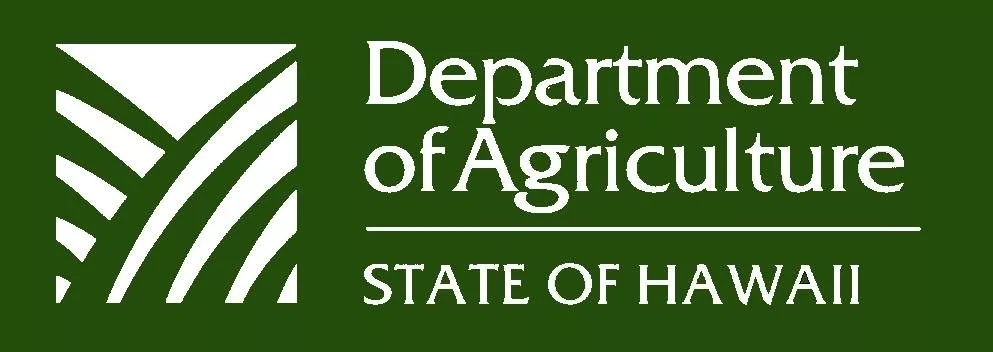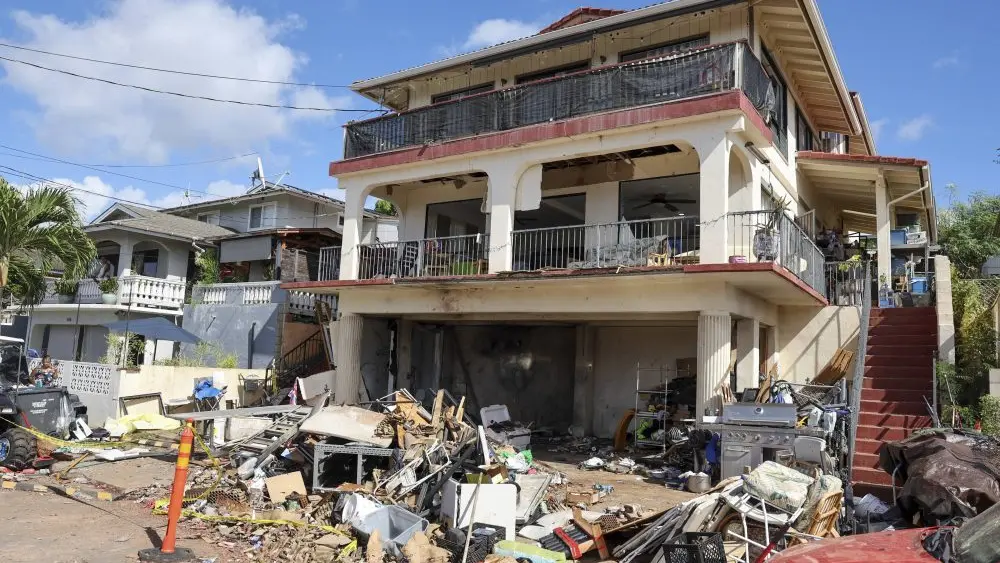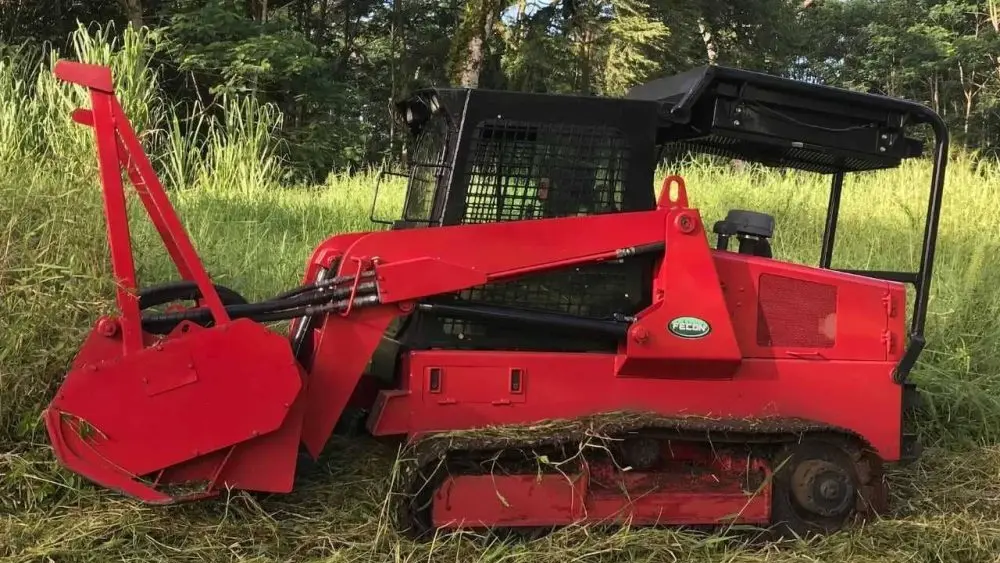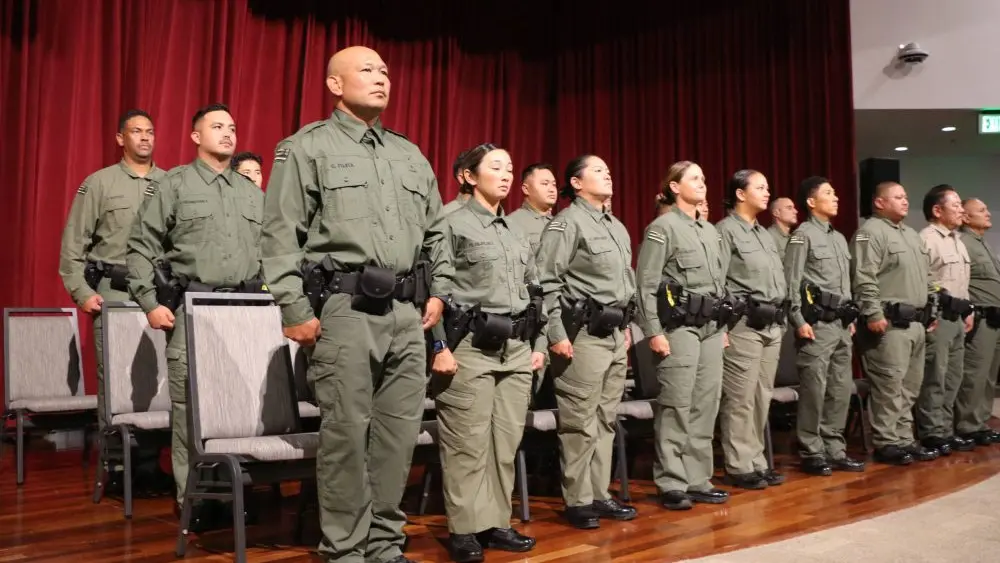The Hawai‘i Department of Agriculture (HDOA), in consultation with the Department of Health (DOH) and the Department of Land and Natural Resources (DLNR), is extending the voluntary pause on the interisland transport of poultry and other bird species for at least another 90 days as a precaution to prevent the spread of highly pathogenic avian influenza (HPAI).
The extension will continue until June 13, 2025.
HPAI was first detected in Hawai‘i in two locations on O‘ahu in early November 2024. Since then, there have been no further detections of the virus in birds in Hawai‘i; however, it is unknown if the virus may be circulating in the environment among wild bird populations. In an abundance of caution, extending the pause in transporting birds interisland is prudent at
this time.
There have been no confirmed cases of bird flu in humans in Hawai‘i and the risk to human health remains low. However, people having direct contact with sick birds may be at increased risk for bird flu exposure.
HPAI is widespread in wild birds worldwide and has caused outbreaks in poultry and dairy farms on the mainland. The introduction of HPAI in Hawai‘i is likely linked to the migration of wild birds from the continental U.S. The spread of the disease occurs through bird-to-bird contact or when infected birds contaminate materials, equipment, clothing or other surfaces.
State and federal agencies continue to conduct surveillance on managed flocks and wildlife. The public is urged to report multiple or unusual illnesses in poultry, livestock, or other wild birds or animals to HDOA’s Animal Industry Division at 808-483-7100.
Bird species other than poultry are also required to obtain an import permit from the PQB, which restricts some types of bird from being imported to Hawai‘i.





